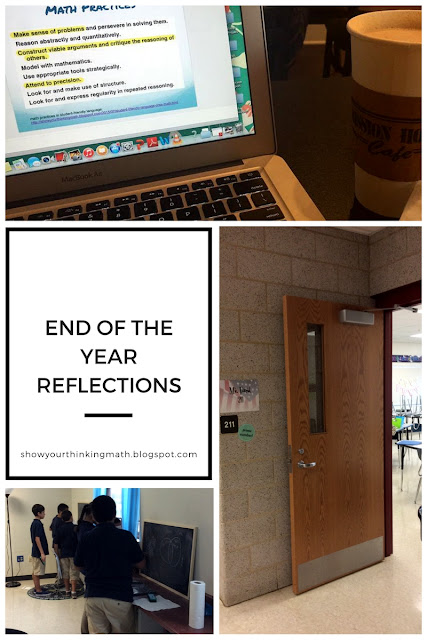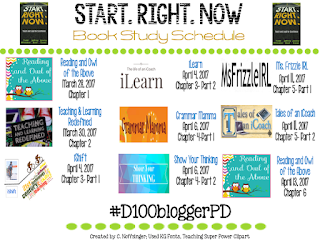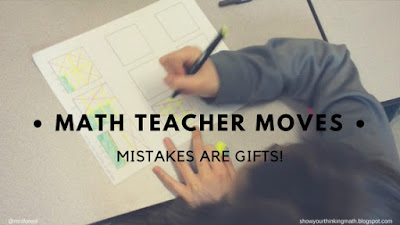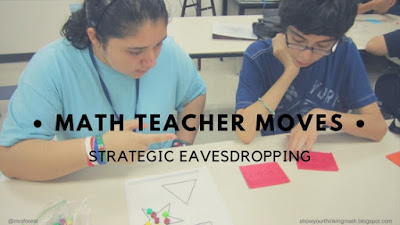Planning for Next School Year

It's that time of year! The end of the school year! When I was a classroom teacher, it was a complicated time. I'm was feeling a little sad about ending my time with a current group of kids. I was also looking forward to quality time with my own family during the summer. But I was also using it as a time of reflection and looking forward. I would start asking myself a lot of questions: What went well this year? What do I keep, what do I change? What are my goals for next year? What new things do I want to try? This reflection and planning is important. Of course, I fully advocate for teaching right up until the end. Keep it mathy! I blogged about some ideas to use during these last few weeks . But, as you wind down the year, while things are still fresh in your mind, write down some goals or plan for next year. Then, when it's August and you are refreshed and ready to get back to it , you have something to revisit and help you remember what changes you wanted to ...




